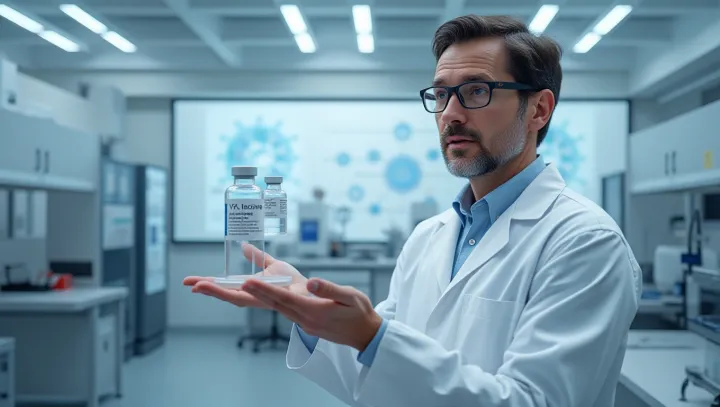Unlocking the Secrets of Vaccines

In the bustling metropolis of New York, a significant breakthrough in public health continues to unfold as vaccines remain pivotal in preventing diseases. With the looming threat of infectious diseases, vaccination serves as a shield, crucially protecting the population. Vaccines work by introducing harmless elements of a disease into the body.
These elements are known as antigens, which mimic the disease-causing microorganisms, prompting the immune system to respond. This process enables the body to 'remember' the pathogen and swiftly combat it upon future exposure. Dr.
Emily Carter, an immunologist at the renowned Johns Hopkins University, emphasizes, 'Vaccines train our immune system much like a simulator training a pilot, preparing it for the real challenge.' Her expertise highlights the importance of vaccination in accelerating the body's natural defense mechanisms. Globally, vaccination campaigns have drastically reduced the incidence of diseases such as measles and polio. In an era marked by rapid travel and urbanization, the role of vaccines in maintaining health and preventing outbreaks is more critical than ever before.
Research indicates that vaccines are not only vital for personal health but also serve a greater societal function known as herd immunity. This phenomenon protects those who cannot be vaccinated, such as infants or immunocompromised individuals, underscoring the ethical imperative for widespread immunization.
